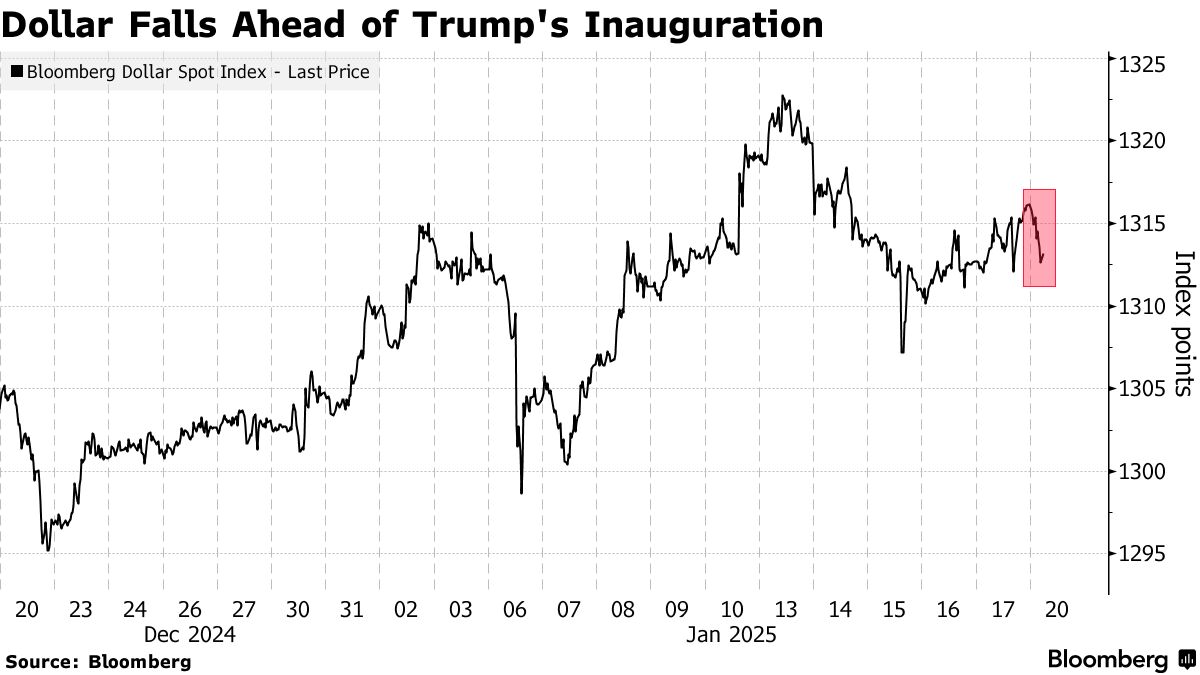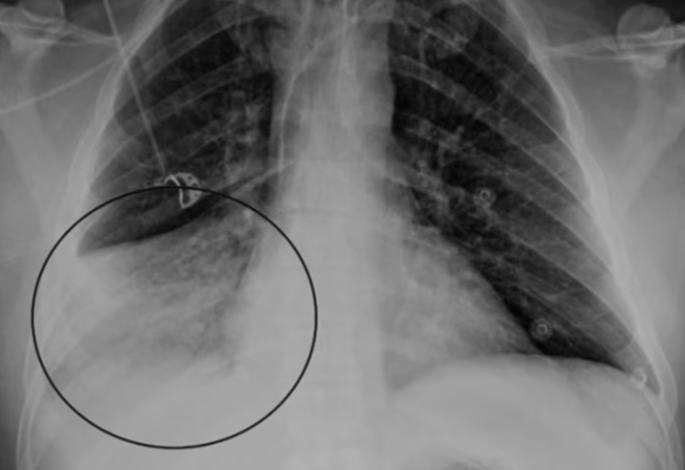A surge in cases of human metapneumovirus (HMPV) in China has raised concerns, particularly as the Lunar New Year holiday approaches, Daily Voice reports.
HMPV, a respiratory virus known for causing cold-like symptoms, has seen an uptick in cases, especially among children under the age of 14 in northern China. This increase in cases comes five years after the onset of the COVID-19 pandemic, drawing attention to another viral threat circulating within the population.
HMPV is a virus that typically causes mild respiratory symptoms, similar to those of the common cold. These symptoms include coughing, wheezing, a runny nose, and a sore throat. While HMPV can lead to more severe illness in certain individuals, particularly young children and the elderly, it is generally considered to be less concerning than other respiratory viruses, such as influenza or COVID-19.
Since mid-December, cases of HMPV in China have been steadily rising, with significant increases in outpatient visits and emergency room cases. The surge has been particularly noticeable in the northern regions, where health officials have been monitoring the situation closely. As the Lunar New Year holiday approaches, officials are concerned that travel and family gatherings may contribute to further spikes in respiratory infections, including HMPV.
At a press conference on December 27, Kan Biao, the director of the Chinese Center for Disease Control and Prevention’s Institute for Infectious Diseases, explained that while the surge in HMPV cases is significant, it is not unexpected. The increase in cases aligns with the seasonal patterns typically seen with respiratory viruses such as influenza and RSV (respiratory syncytial virus).
In light of the growing number of cases, health experts are urging the public to take precautions to reduce the risk of infection. To protect yourself from HMPV, experts recommend:
- Frequent handwashing with soap and water.
- Wearing masks in crowded or poorly ventilated spaces.
- Avoiding close contact with individuals who show symptoms of illness.
- Staying home if you feel unwell to prevent spreading the virus.
While these measures are similar to those recommended for COVID-19, health experts emphasize that HMPV differs from COVID-19 in key ways. Unlike COVID-19, HMPV is not a novel virus, and there is widespread immunity in the population. This means that while cases are rising, the overall threat is less concerning compared to more novel respiratory viruses.
Chinese officials have assured the public that the healthcare system is not overwhelmed despite the rise in cases. However, in response to the increase in HMPV infections, they have implemented a new monitoring system aimed at early detection of pneumonia cases of unknown origin. This system is designed to strengthen surveillance and ensure that any emerging respiratory threats are identified quickly.








